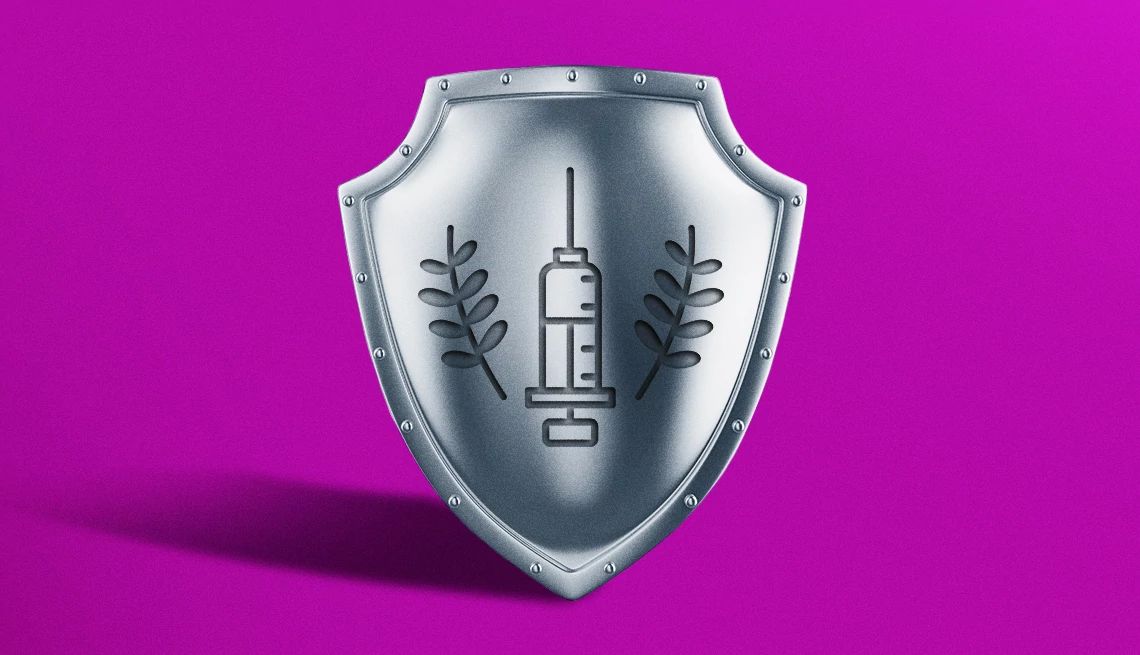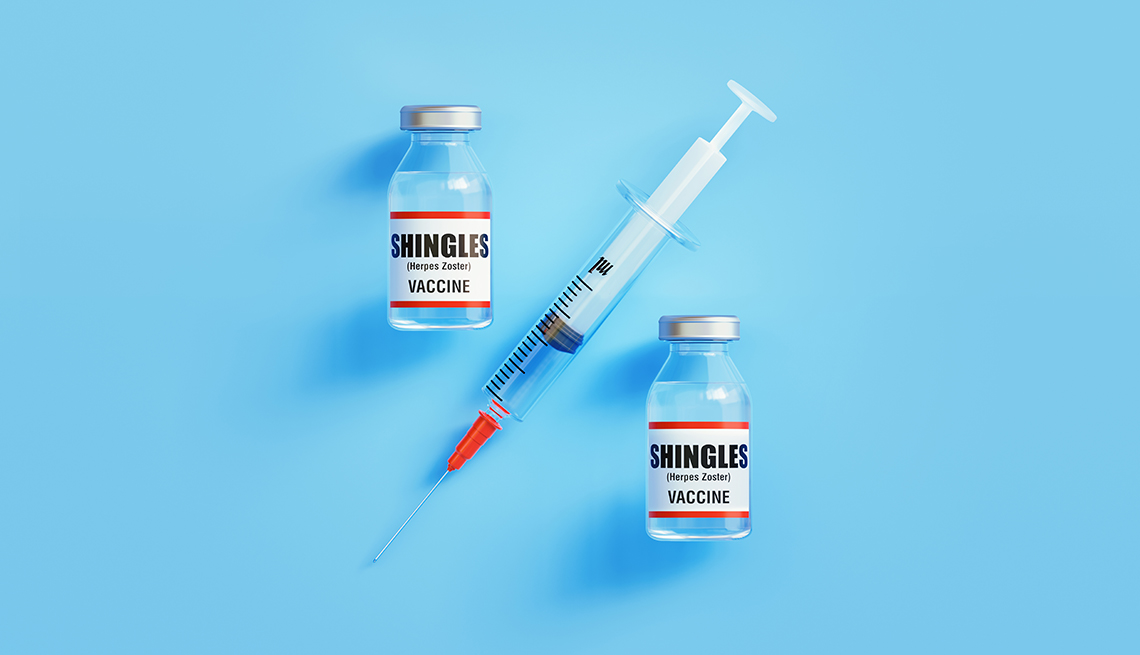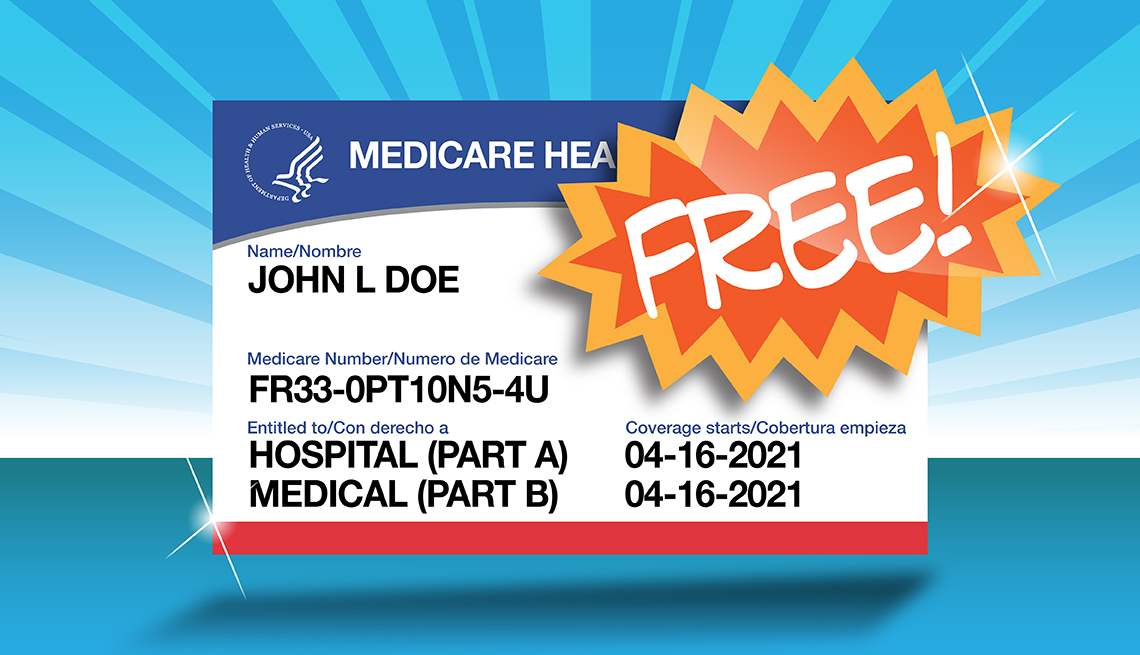AARP Hearing Center


Key takeaways
- Not all Medicare services have copayments.
- Your first-year visit, wellness checkups and vaccines for prevention.
- Alcohol, smoking counseling aim to nip bad habits.
- Diabetes, nutrition advice can thwart disease progression.
- Breast, colon, lung, prostate cancer screenings are important.
- Depression evaluation can help older adults live happier.
What Medicare beneficiaries must for pay out of pocket, such as monthly premiums, annual deductibles and copayments for doctor visits and prescriptions, can be a big worry.
But many enrollees may not realize that some services won’t cost them a cent.
That includes vaccines, screenings and preventive services for several illnesses and an annual wellness visit with your doctor. You also can get counseling to help you kick smoking or manage your diabetes.
You won’t be subject to any out-of-pocket charges for these services as long as you use a health care provider who participates in Medicare, or if you get your health care through a Medicare Advantage plan, you use an in-network medical professional.
Here’s a look at a dozen things you can get for free from Medicare. For a full list of the program’s preventive and screening services, go to Medicare.gov.
1. A onetime Welcome to Medicare checkup in your first year
This visit must be made within the first 12 months of signing up for Medicare Part B, the part of Medicare that covers doctor visits and other outpatient services.
Think of this initial visit as a baseline check-in. Among the items your provider will look at:
- Your medical and personal history
- Medications you’re taking, including any opioids
- Your vital signs, including blood pressure, height and weight
- Your vision via a simple test
- Your mental and behavioral health
The health care provider also will offer to help you create any advance directives you might not yet have. All this will be free.
But after this general check-in, if your doctor wants to order diagnostic tests or perform some other services, the rules governing Part B will apply and you’ll be responsible for 20 percent of the costs. Your coinsurance or copay may be different if you are enrolled in a Medicare Advantage plan or if you have supplemental insurance, commonly known as Medigap.
Quiz: Does Medicare Cover That?



































































))
))








)
)




Next in Series
10 Surprising Things That Medicare Doesn’t Cover
You should plan to pay for some common medical expenses